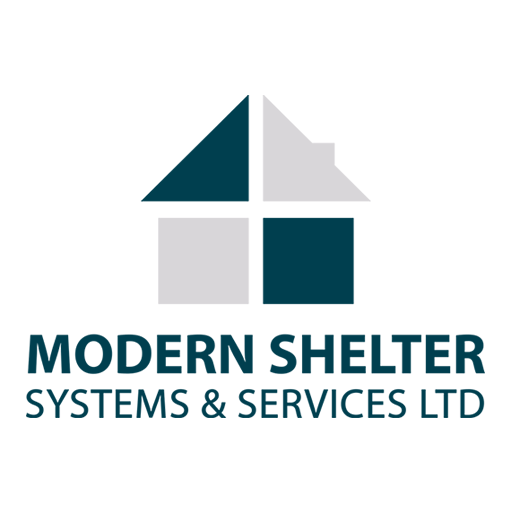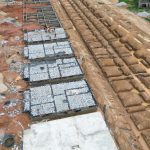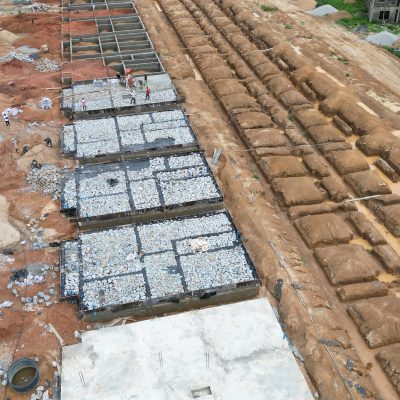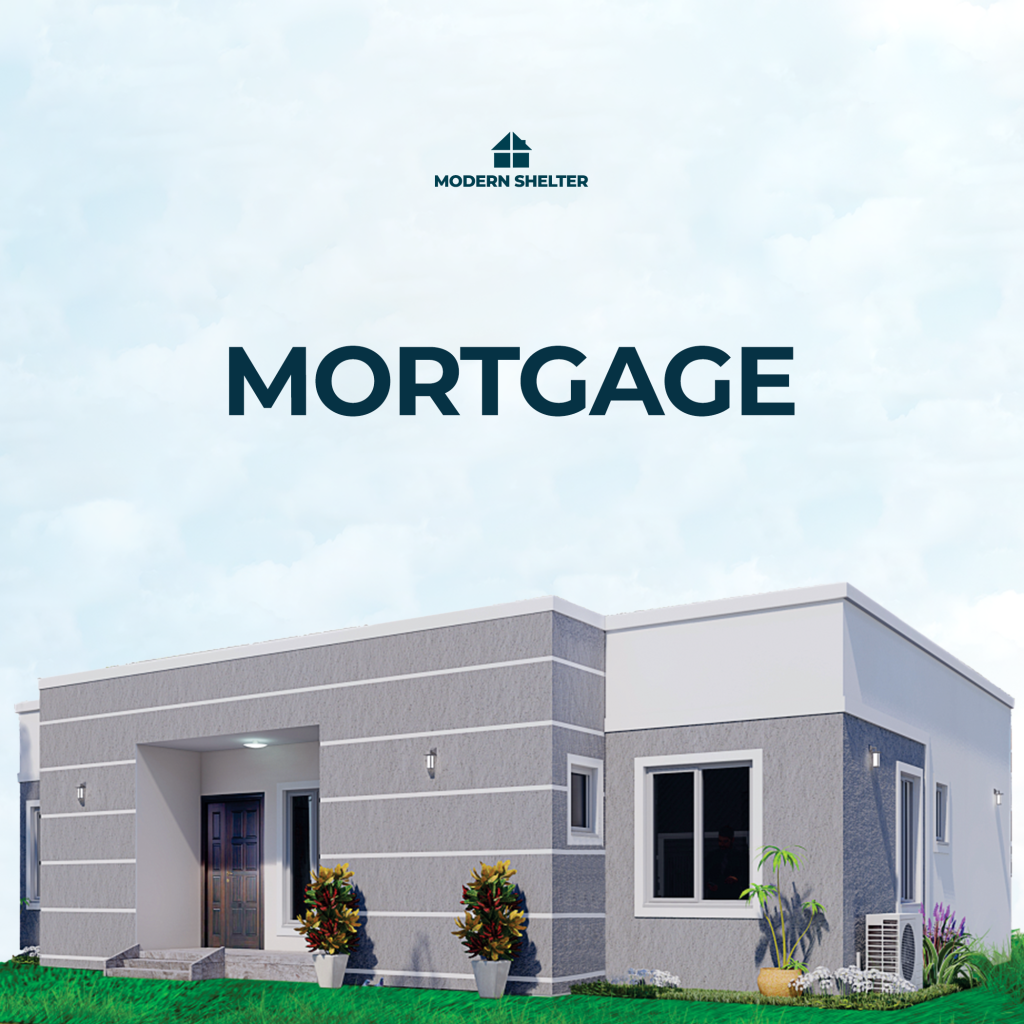
Owning a home is a significant milestone, but for many Nigerians, the path to homeownership often involves securing a mortgage- a loan used to purchase a property.
Understanding the mortgage process, available options, and what to expect can help potential homeowners make better decisions. This guide provides valuable insights into how mortgages work in Nigeria and what you need to know to make your homeownership dreams a reality.
Types of Mortgages in Nigeria
- Fixed-Rate Mortgages: The interest rate remains constant throughout the loan term, providing stability in monthly payments.
- Variable-Rate Mortgages: The interest rate can fluctuate based on market conditions, which may result in varying payment amounts.
- Government-Backed Mortgages: Programs such as the National Housing Fund (NHF) offer more affordable loan options to qualifying Nigerians.
Key Mortgage Providers in Nigeria
- Commercial Banks: Offer mortgage products with varying terms and interest rates. Notable banks include Access Bank and First Bank.
- Mortgage Banks: Specialized institutions such as the Federal Mortgage Bank of Nigeria (FMBN) and TrustBond Mortgage Bank provide tailored mortgage solutions.
- Real Estate Companies: Partnering with real estate companies can help simplify the mortgage process by connecting buyers with trusted lenders.
Eligibility Criteria for Mortgages
- Proof of Income: Applicants need to show a stable source of income to qualify.
- Creditworthiness: A good credit history enhances the chances of securing favorable mortgage terms.
- Down Payment: Typically, lenders require a down payment of at least 20-30% of the property value.
Steps to Secure a Mortgage in Nigeria
- Assess Your Financial Standing: Review your finances to determine how much you can afford as a down payment and monthly repayments.
- Research Mortgage Options: Compare different mortgage products from banks and mortgage institutions to find the best fit.
- Submit an Application: Provide necessary documentation such as payslips, bank statements, and valid ID.
- Approval and Offer Letter: Once approved, the lender issues an offer letter outlining the terms of the mortgage.
- Property Valuation and Legal Checks: The lender conducts a valuation of the property and ensures all legal requirements are met before disbursing the loan.
Benefits of Using a Mortgage for Homeownership
- Affordable Payments: Mortgages spread the cost of homeownership over several years, making it more manageable.
- Ownership without Full Upfront Payment: With a mortgage, buyers can own their homes without needing the full purchase price upfront.
- Building Equity: Monthly repayments contribute to building equity in the property.
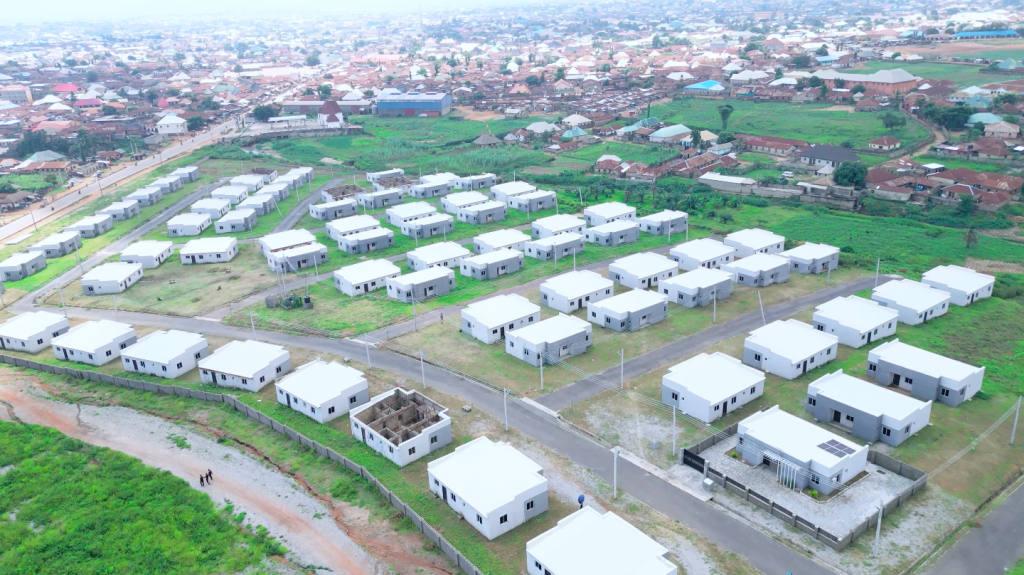
Nasarawa Technology Village: A mortgage project by Modern Shelter at New Karu
The Role of Real Estate Companies in Accessing Mortgages
Real estate companies help navigate the mortgage process, from choosing the right lender to preparing documentation. Trusted companies often partner with mortgage banks to offer exclusive deals or smoother approval processes.
Conclusion
Navigating the mortgage landscape in Nigeria can be challenging, but with Modern shelter, it’s possible to secure the home of your dreams. Whether you’re buying your first home or expanding your real estate portfolio, understanding mortgage options and working with experienced real estate professionals can make the process smoother and more transparent.
Ready to explore mortgage options and make your dream of owning a home a reality? Contact us today for expert guidance and access to trusted mortgage partners.
